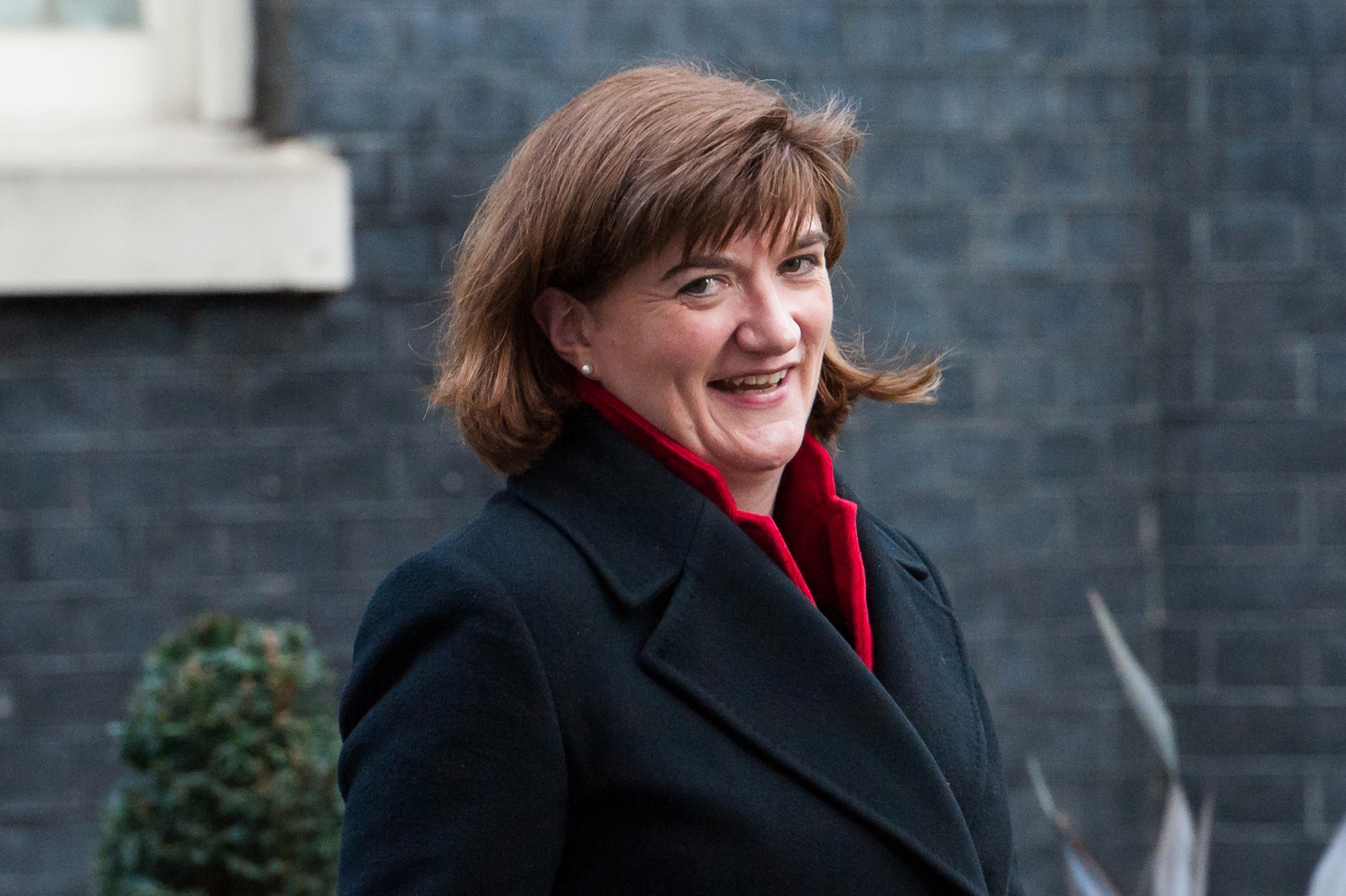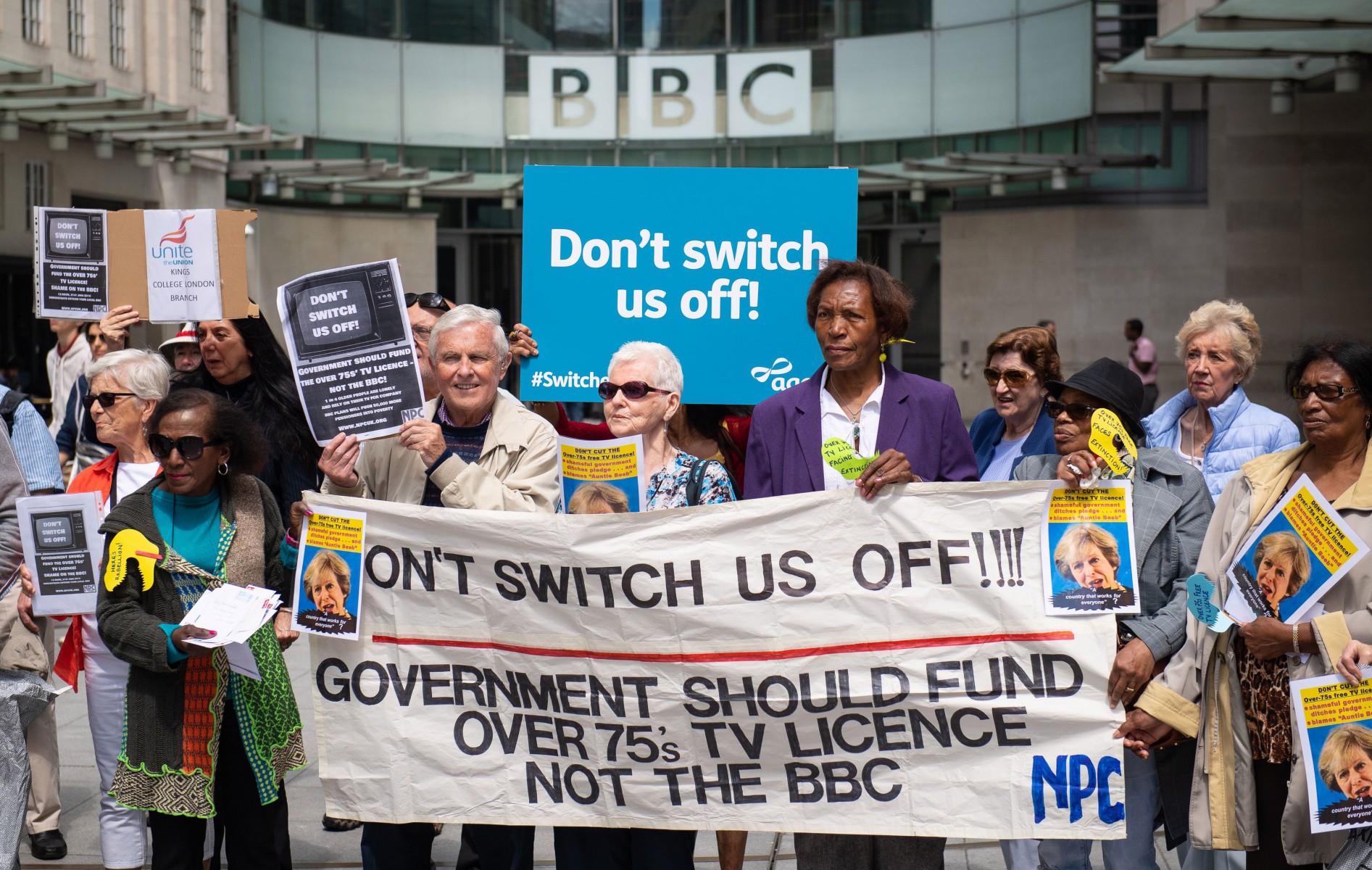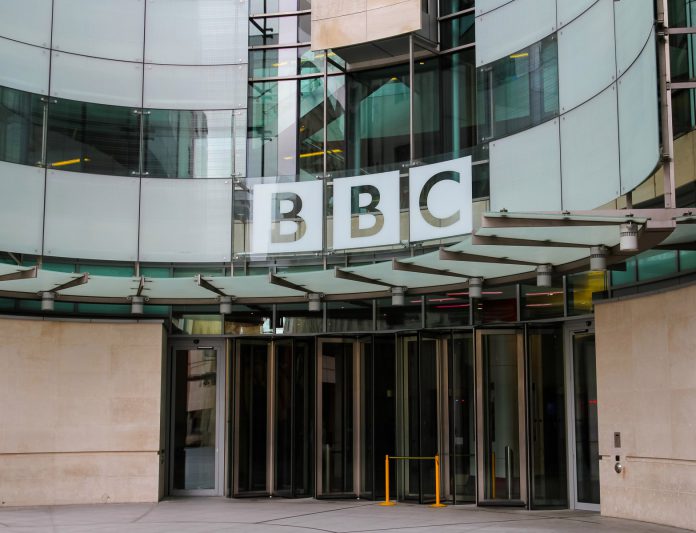BBC bosses will be told to be more commercial amid plans to decriminalise non-payment of licence fees.
The move on Wednesday is expected to trigger a major shake-up of how the corporation is funded.
The BBC will be told to be more commercial as decriminalisation of licence fee non-payment looms
A consultation into non-payment of the fee 157.50 from April could see viewers who refuse to pay being hit by a fine instead of a criminal record and possible jail.
And it could spell the end to the corporations vast 3.7billion annual handout from taxpayers.
In a speech, Culture Secretary Nicky Morgan will call on Beeb bosses to explore other opportunities to commercialise and ask: Is it really still acceptable to force everyone to pay 157.50 for channels some never now watch?
She will add: As we move into an increasingly digital age, the time has come to think carefully about how we make sure the TV licence fee remains relevant in this changing media landscape.
Many consider it wrong you can be imprisoned for not paying your TV licence and that its enforcement punishes the vulnerable. The BBC generates 1.2billion of its 4.9billion annual budget, with the licence levy making up the rest.
Baroness Morgan will also announce a payment scheme to help over 75s when free licences end.
And she will demand more transparency when the BBC negotiates its new charter for 2027.
In the past year, more than 121,000 were fined an average of 176 for fee evasion. Five were jailed.
The BBC pointed to a Government report that found the current system to be the fairest and most effective.
A spokesman said: Of course it is important any system commands public respect and we hope any debate about the future is based on the evidence.










